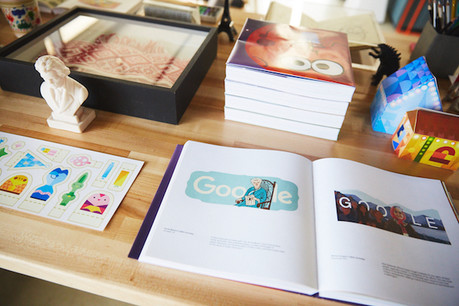
Google is planning to invest $300 million over the next three years to support and strengthen journalism in the digital age, the company announced today (20 March).
The effort, called the Google News Initiative (GNI), includes several new projects launched for and in partnership with publishers, aimed primarily at supporting news organisations tackle subscriptions and misinformation.
In a blog post announcement, Philipp Schindler, chief business officer at Google, called the new initiative a "major milestone in Google’s 15-year commitment to the news industry" and said the GNI will have three main objectives: strengthening quality journalism, evolving business models and supporting publishers through technological innovation.
The Google News Initiative will help news organisations diversify their revenue streams through a new platform that will make it easier for readers to become paid subscribers by using their Google account to purchase and manage their payments.
Google has held working groups with 60 organisations in 18 countries over the last few months, testing the platform with a small number of publications. Launch partners for Subscribe with Google include Les Échos, Fairfax Media, the Financial Times, NYT, The Washington Post, The Telegraph and more.
"Paying for a subscription is a clear indication that you value and trust your subscribed publication as a source. So we’ll also highlight those sources across Google surfaces, beginning with a dedicated module on Search. When you search for a news topic for which your subscribed publication has relevant results, we’ll showcase these so they’re easy for you to see and access—without disrupting search ranking for the rest of the page," Jim Albrecht, project management director for Subscribe with Google, explained in a blog post.
As part of the GNI, Google is partnering with First Draft at Harvard University to launch the Disinfo Lab, which will "employ journalists to leverage computational tools to monitor misinformation in the run-up to and during elections", Richard Gingras, Google vice president for news, said in a separate post.
Ten million dollars will also be invested in a global digital literacy campaign, including $3m from Google.org in MediaWise, a new US-based partnership with the Poynter Institute, Stanford University Education Group and the Local Media Association to help young people "discern fact from fiction" through classroom training and through online videos.
The Credibility Coalition, an interdisciplinary group of journalists, researchers, librarians and others interested in tackling the issue of trust in journalism, also received funding from Google News Lab and others today to expand on its work analysing which common elements are key when people assess the reliability of articles they read online, and test these indicators on thousands of articles.
Other efforts released as part of the GNI include News Consumer Insights, a dashboard built on top of Google Analytics to help publishers "understand and segment their audiences with a subscription strategy in mind", and Outline, an open-source tool from Jigsaw that enables news organisations to set up a VPN to provide their journalists with secure access to the internet.
Over the next three years, the GNI will invest the $300m through the development of new products, partnerships and programmes for publishers. The product, training and research offered as part of the Digital News Initiative will move under the GNI umbrella and the DNI Fund will continue to support innovative projects from European news organisations.
Read the full announcement from Google here.
Free daily newsletter
If you like our news and feature articles, you can sign up to receive our free daily (Mon-Fri) email newsletter (mobile friendly).
Related articles
- Perugia highlight: sustaining public interest news in a dicey media market
- Revenue and tech: Five must-read news reports for your newsroom
- Building media literacy in the age of Zuck and Musk
- What the news community says about Zuck’s plans to bin fact-checking
- News media must change tactics when fighting false information to protect democracy
